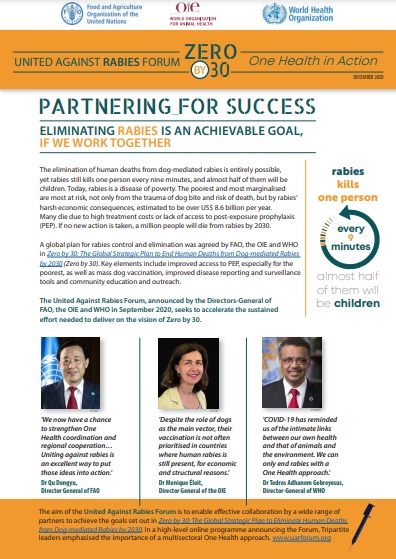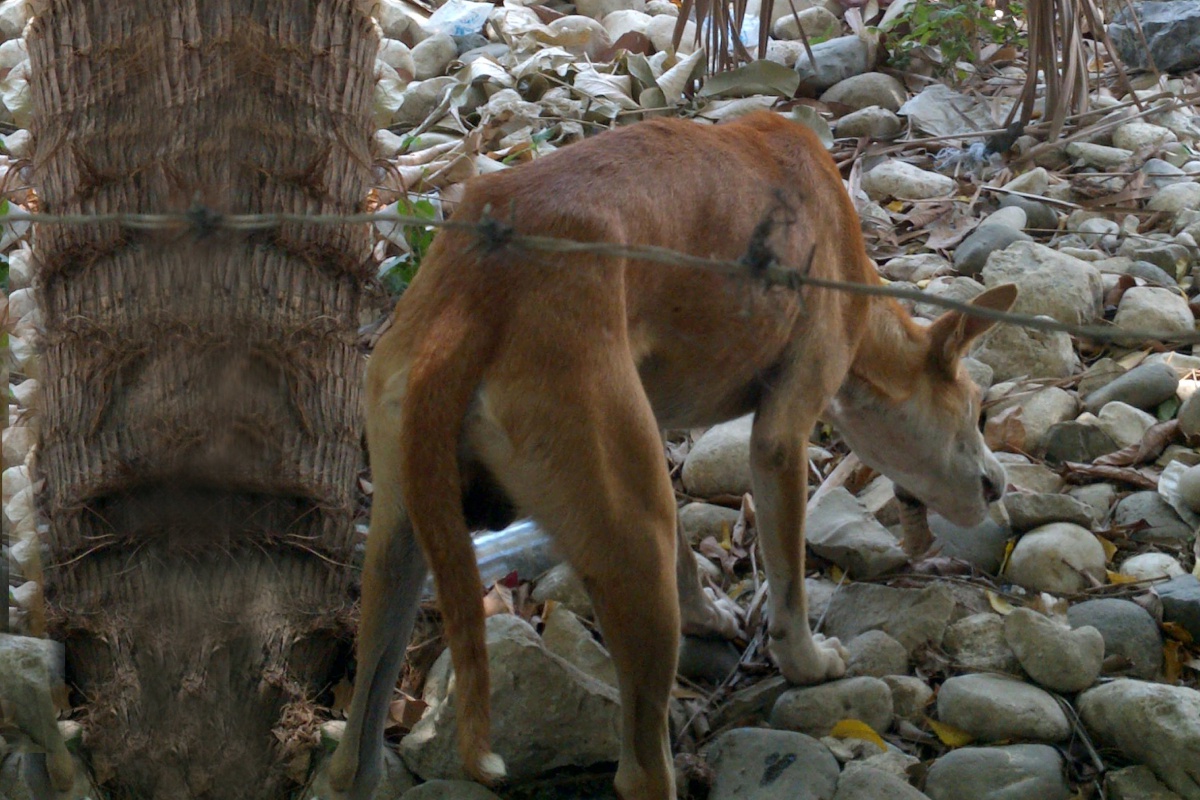Rise in human rabies cases in South Africa
As was recently announced, in October and November this year, a total of six cases of human rabies were confirmed from three provinces in South Africa including Eastern Cape, Kwa-Zulu Natal and Limpopo provinces. This brought the total number of human rabies deaths in 2021 to seventeen; an increase compared to previous years.
Read more here: https://www.nicd.ac.za/increase-in-human-rabies-cases-in-south-africa-24-november-2021/


